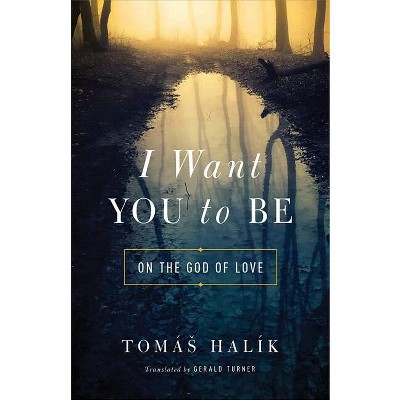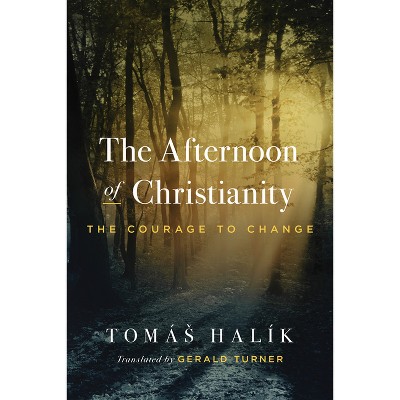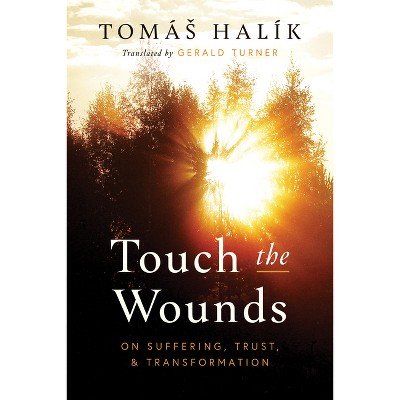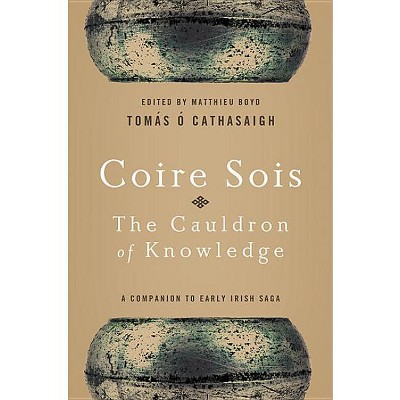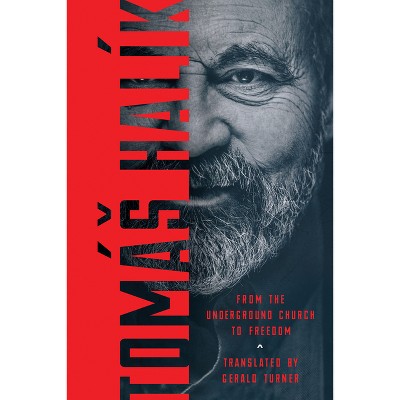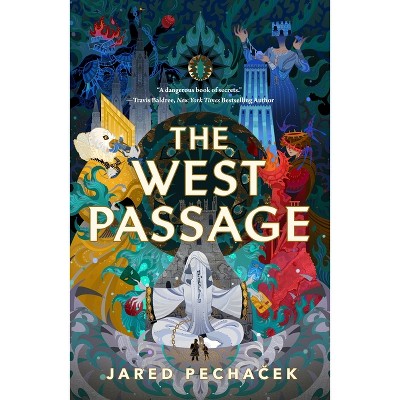The Bible and the Crisis of Modernism - by Tomás Petráč & ek (Hardcover)

About this item
Highlights
- A detailed study of the Catholic Church's acceptance of the historical-critical method and modernization through the pivotal work of European theologians and biblical scholars.One of the few topics in Catholic studies that demonstrates a marked about-face in theological attitudes within the Catholic Church is the reception of the historical-critical method in biblical exegesis and its dramatic rise from outright condemnation in the late nineteenth and early twentieth centuries to its official acceptance by the 1990s.
- About the Author: Tomás Petráček is a professor of modern social and church history at the University of Hradec Králové in the Czech Republic.
- 432 Pages
- Religion + Beliefs, Christian Theology
Description
Book Synopsis
A detailed study of the Catholic Church's acceptance of the historical-critical method and modernization through the pivotal work of European theologians and biblical scholars.
One of the few topics in Catholic studies that demonstrates a marked about-face in theological attitudes within the Catholic Church is the reception of the historical-critical method in biblical exegesis and its dramatic rise from outright condemnation in the late nineteenth and early twentieth centuries to its official acceptance by the 1990s. The Bible and the Crisis of Modernism tells the dramatic story of the ultimate acceptance of this modern method by the Catholic Church as it worked out the relationship between faith and reason in view of advances in the social and natural sciences. Particular attention to the contributions of Czech theologians to the field of biblical exegesis foregrounds the tensions at play in the church's gradual recognition of the value of the historical-critical method to a better understanding of the Christian scriptures.
In this extensive study of the church's response to the historical-critical method, Petráček broaches wider topics, such as the relationship between the Catholic Church and society in the late nineteenth and twentieth centuries, the modernization of the church in the face of a changing world, the balance between institutional authority and individual freedom of conscience, and the balance between scholarly independence and ecclesial convictions. The attitude of the Catholic Church to modern scholarly research in many ways reflects its complicated relationship to the modern world in general, as The Bible and the Crisis of Modernism shows. Scholars in biblical studies, Catholic studies, and the history of the church in the Czech Republic will find Petráček's work an enlightening addition to their collections.
Review Quotes
"This book is highly successful in weaving together an insightful scholarly account of the modernist crisis tightly focused on biblical studies, a nuanced consideration of the theological and exegetical questions at issue and engaging biographical portraits of several important but lesser-known Catholic exegetes of the twentieth century." --The Catholic Biblical Quarterly
"A detailed study of the Catholic Church's acceptance of the historical-critical method and modernization through the pivotal work of European theologians and biblical scholars... Scholars in biblical studies, Catholic studies, and the history of the church in the Czech Republic will find Petráček's work an enlightening addition to their collections." --American Society of Church History
"Detailed and nuanced... Petráček's book offers a balanced alternative to hostile histories, one that will benefit readers regardless of what they think of the truth claims of the Catholic Church." --Christopher Shannon, Reading Religion
"While we have any number of good scholarly books on modernism, there has not been such a thorough account of its history in relation to the great debates about biblical hermeneutics as The Bible and the Crisis of Modernism." --Lawrence Cunningham, editor of The Norton Anthology of World Religions: Christianity
About the Author
Tomás Petráček is a professor of modern social and church history at the University of Hradec Králové in the Czech Republic. He is the author of Church, Society and Change: Christianity Impaired by Conflicting Elites.
Addison Hart is an editor and translator who lives in Wooster, Ohio.
David Livingstone teaches English literature and other subjects at Palacký University, Olomouc, Czech Republic. He has translated a number of texts from Czech into English.
